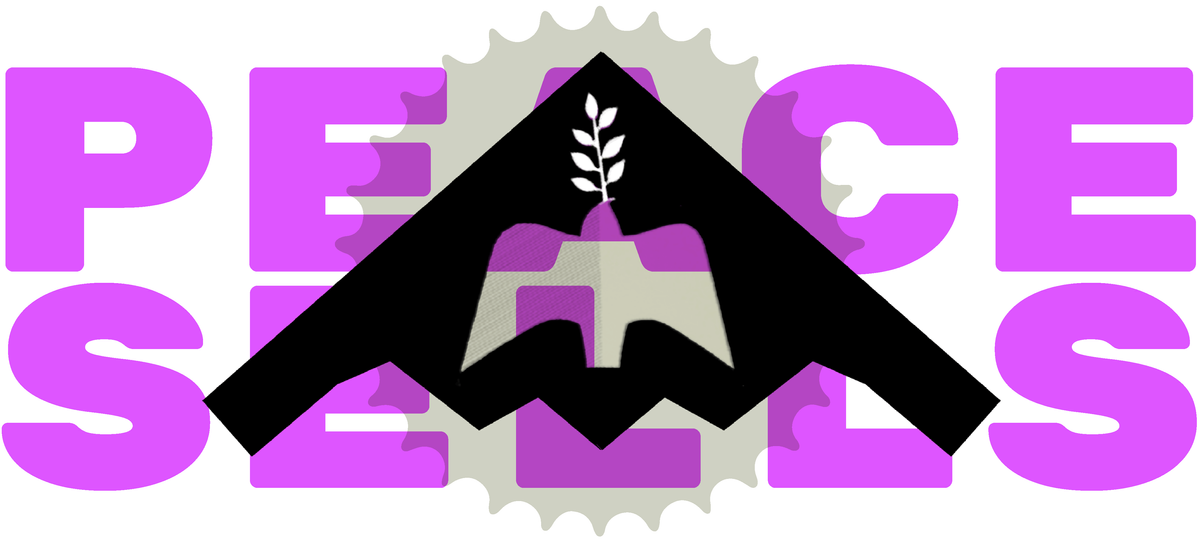How to Rule the World: Part 2 (Commerce Brings Peace)
3 big visions for a prosperous Eurasian future.

This post is for paying subscribers only
Already have an account? Sign in.
3 big visions for a prosperous Eurasian future.
